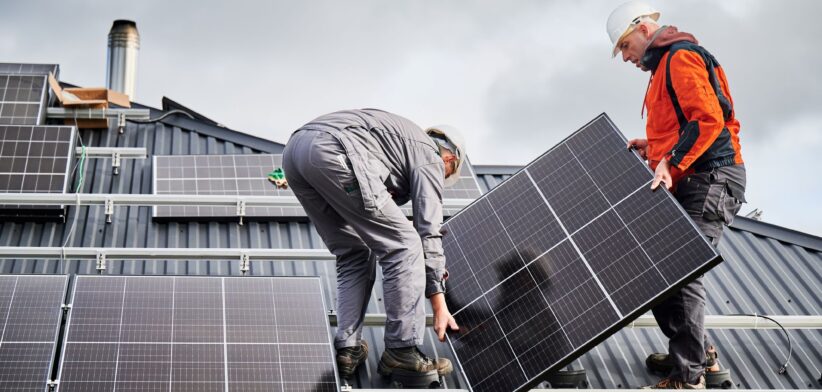A robust recycling program for older solar panels will not be enough to overcome a looming waste problem, as most solar photovoltaic (PV) panels currently end up in landfill at the end of their life.
University of South Australia researchers believe with Australia leading the world in per-capita rooftop solar installations, a secondary market for used systems needs to be developed
UniSA PhD student Ishika Chhillar said systems typically have a lifespan of 20 to 30 years, but in practice were removed or replaced much sooner.
Ms Chhillar said the Australian Energy Council projected the cumulative volume of end-of-life solar panels to reach 280,000 tonnes by the end of the year.
She said the research project had identified ways to overcome barriers to safely and profitably extend the life of solar panels and decrease the overall footprint of solar energy.
“The large-scale reuse of PV panels faces technical, economic and regulatory barriers.
“There are many key challenges including the low cost of new panels undercutting the resale PV panel market, a lack of incentives for reuse of the panels, different policies for reuse across states, lack of liability for second hand installations and a limited infrastructure for testing and refurbishing of used panels.
“Industry, government, academic and consumers all recognise that these barriers can and must be overcome, and that with the right frameworks in place, Australia can extend the life of its solar panels with true environmental and social benefits in the process.”
Ms Chhillar said one of the barriers to people accessing second-hand panels was the falling cost of new panels which undermines the resale market and leaves little financial incentive for consumers or businesses to choose to reuse.
She said currently, no rebates or credits were in place for installing second-hand panels.
“There is also no national reuse framework, with different Australian states and territories having inconsistent rules for panels that have reached the end of their life.
“No clear approval pathway or guidelines exist for re-selling and installing used panels, leaving installers wary of potential legal liabilities.”
Ms Chhillar said without a unified, national approach to standards and liability, companies would continue to avoid second-hand products due to compliance risks.
Read the full study: Certification for Solar Panel Reuse: A Systematic Review of Cross-Sector Practices and Gaps.








